The Top 8 Essential Oils for Eczema
The Top 8 Essential Oils for Eczema
Overview
Eczema is an inflammatory skin condition induced by an aggressive and overreactive immune system. It causes patches of dry, itchy, rash-like
However, these treatments may not work equally for everyone. Due to the unreliability of conventional creams and the chronic nature of eczema, experts and health-minded individuals are constantly looking for complementary therapies like aromatherapy that may help reduce symptoms without losing their efficacy over time.
Why should you seriously consider essential oils as a complementary therapy for eczema?
Essential oils have been used for centuries to promote moisture retention and skin rejuvenation. Used as a part of preventive skincare, these herbal essences are known to boost the elasticity of the skin, soothe irritations, treat sunburns, tighten pores, strengthen the protective skin barrier, soothe eczema flare-ups, and slowly replenish the skin inside-out. Some limited evidence suggests that due to their multiple mechanisms of action, essential oils can be powerful tools in the long-term management of chronic skin conditions like eczema.
>>>Heal Inflammation in Your Body!<<<
1. Essential oils can boost hydration
Experts have pointed out that maintaining skin hydration is a vital component of eczema management. And in most cases, applying natural emollients alone can significantly reduce itchiness and inflammation. According to a 2017 study that evaluated the efficacy of moisturizers in reducing mild to moderate eczema symptoms, proper hydration can reduce the number of flares, prolong time to flare, and reduce the amount of corticosteroid cream needed to achieve the same result. Essential oils can not only provide that much-needed moisture to your skin, but they also contain antifungal and antibacterial properties that prevent further spreading of infections and protect against microbial invasions.
2. Safe for long-term use
Data suggests that long-term and excessive use of topical corticosteroids can have severe side effects, such as thinning of the skin, changing skin color, frequent acne breakouts. Though these side effects can be minimized by limiting their use, most people feel that topical creams lose their efficacy over time. Essential oils, on the other hand, contain natural antiseptics and anti-inflammatory compounds that can be reliably used for long-term care of eczema-prone skin.
8 essential oils for soothing eczema-prone skin
1. Tea Tree oil
Historically used to soothe a range of skin conditions, tea tree oil contains antifungal, antibacterial, antiseptic, and anti-inflammatory properties that can calm itchiness and irritability. In a 2011 study, topical application of tea tree oil reduced eczema symptoms by 40%. Tea tree was also found to be more effective than zinc oxide and clobetasone butyrate creams at reducing flare-ups. Its ability to balance sebum production can further prevent irritations by reducing flakiness and controlling eczema breakouts.
2. Lavender oil
A natural antiseptic and an effective wound healer, lavender oil is an age-old remedy for reducing the appearance of pimples, rashes, boils, scars, and inflamed skin conditions. It moisturizes dry skin and reduces swelling, itching, flaking, and redness from allergic reactions. Lavender is also high in antioxidants that can help repair the skin damaged by habitual scratching.
3. Frankincense oil
Frankincense oil has long been used in ayurvedic medicine as a natural way to manage chronic skin allergies like eczema and psoriasis. A deeply moisturizing oil with calming properties, it helps prevent dryness (and hence itching) by boosting the skin’s ability to absorb and retain moisture. According to a 2017 study, frankincense oil strengthens the protective skin barrier, soothes inflamed skin, and promotes faster regeneration of skin cells.
4. German chamomile oil
Chamomile oils of both types – German as well Roman chamomile – are well-regarded for their nourishing and calming properties. While both oils have similar composition of bioactive compounds, German chamomile is preferred for soothing skin conditions due to its higher content of chamazulene. Chamazulene is a natural anti-inflammatory agent that can reduce swelling and dryness of eczema flare-ups. In a 2010 study, topical application with German chamomile significantly reduced the frequency and severity of eczema-induced itching and irritation. Chamomile is also a very gentle oil and is well-tolerated by people with sensitive skin.
5. Orange oil
Orange oil has antibacterial and antiviral properties that can help with various types of skin infections and allergies, according to a 2017 study. An excellent source of vitamin C (which is one of the most powerful skin-rejuvenating ingredients on the planet), orange oil naturally boosts collagen production. Collagen is a natural protein that makes up about 80% of our skin structure. It is responsible for maintaining skin hydration, healing wounds, repairing parched and broken skin, and reducing the appearance of redness and irritations.
Avoid direct sun exposure for at least 12 hours after topical application of orange oil, as it is known to increase the skin’s photosensitivity.
6. Geranium
Extensively used in natural skincare for its high nutritional value and restorative nature, geranium oil is a powerhouse of antioxidants that can help eczema-prone skin in many ways. It contains high amounts of flavonoids that can replenish the dry and dehydrated skin of lost moisture, prevent cracking and flakiness, soothe damages, and promote the growth of newer, healthier tissues.
7. Basil oil
Basil is incredibly nourishing for all skin types, and its gentle nature makes it particularly useful for moisturizing dry, sensitive, irritable skin. There are some very good reasons why basil has been accorded such a special place in ayurvedic medicine: it mixes well with most natural oils, penetrates easily, provides deep tissue nourishment, and has hypoallergenic properties. Due to its collagen-boosting abilities, basil helps maintain optimal sebum production, removes dead cells and impurities, and soothes acne and rashes. Basil is also an excellent immune booster and a powerful anti-inflammatory, anti-histamine agent, which controls allergic responses from inside and may help reduce the frequency of eczema flare-ups.
8. Pine needle essential oil
Pine oil has cleansing, moisturizing, detoxifying, and rejuvenating properties that can help soothe eczema irritations. About 90% of this oil is composed of skin-boosting monoterpenes, which help fight free radical damage and protect the skin against bacterial and fungal invasions. When topically applied on damaged and exposed skin, pine oil also provides a protective barrier and promotes faster recovery.
<<<Heal Inflammation in Your Body!>>>
How to use essential oils for reducing eczema symptoms
 Topical application
Topical application
Mix 4-5 drops with 15 ml of coconut oil. Apply on the affected area with the help of a cotton ball. Coconut oil and shea butter are commonly used carrier oils for soothing eczema symptoms. Cocoa butter, jojoba oil, castor oil, evening primrose oil, and sunflower oil are also very gentle and well-tolerated by most people.
Bath
People with eczema need to bathe regularly and correctly to keep the moisture intact and balance the skin pH levels. Add 1-2 drops of essential oil to one teaspoon of coconut oil and add it to lukewarm water. Avoid using too hot or too cold water as it can further aggravate symptoms.
Safety and limitations of using essential oils for skin conditions
It is always advisable to consult your doctor before trying any new treatment for your skin condition like eczema, especially if you are already taking some medications.
Essential oils are generally considered safe for most people when used judiciously and with proper dilution. In higher concentrations, however, they can be potential irritants even for normal skin. In one study, improper use of essential oils and aromatherapy-based cosmetics was found to be associated with allergic contact dermatitis – a common type of eczema.
Adulterated or low-grade essential oils can also trigger an inflammatory response from the skin, worsening eczema and other skin conditions. And since FDA does not monitor the quality of essential oils, it is imperative to do your own research before buying from a new brand. Also, if you have never tried an oil before, consider performing a patch test before using it on inflamed skin like eczema.
Natural medicines work slowly and may take some time before producing any noticeable result. Also, no one size fits all. An essential oil may perfectly heal one person’s skin and still prove ineffective or may even cause adverse reactions in the other. If something is not working for you, consider trying a different blend that is more suitable for your particular skin type.
Final thoughts:
Typically used in baths and moisturizers, essential oils can promote skin hydration and soothe eczema-prone skin. Unlike over-the-counter topical ointments, natural oils provide a relatively gentler and more reliable option for managing chronic skin conditions. However, being natural does not mean that essential oils are necessarily safe for everyone. They can be very potent and may further irritate an already inflamed skin if used incorrectly. Also, other lifestyle measures like eating foods rich in vitamin C, drinking loads of water, regular moisturizing, stress-reduction practices, and adequate sleep are equally important for reducing eczema symptoms.
References
- van Zuuren, E. J., Fedorowicz, Z., Christensen, R., Lavrijsen, A., & Arents, B. (2017). Emollients and moisturisers for eczema. The Cochrane database of systematic reviews, 2(2), CD012119. https://doi.org/10.1002/14651858.CD012119.pub2
- https://www.nhs.uk/conditions/atopic-eczema/treatment/
- Wallengren J. (2011). Tea tree oil attenuates experimental contact dermatitis. Archives of dermatological research, 303(5), 333–338. https://doi.org/10.1007/s00403-010-1083-y
- Han, X., Rodriguez, D., & Parker, T. L. (2017). Biological activities of frankincense essential oil in human dermal fibroblasts. Biochimie open, 4, 31–35. https://doi.org/10.1016/j.biopen.2017.01.003
- Lee, S. H., Heo, Y., & Kim, Y. C. (2010). Effect of German chamomile oil application on alleviating atopic dermatitis-like immune alterations in mice. Journal of veterinary science, 11(1), 35–41. https://doi.org/10.4142/jvs.2010.11.1.35
- Geraci, A., Di Stefano, V., Di Martino, E., Schillaci, D., & Schicchi, R. (2017). Essential oil components of orange peels and antimicrobial activity. Natural product research, 31(6), 653–659. https://doi.org/10.1080/14786419.2016.1219860
- Sergoynne, L., Mertens, M., Dendooven, E., Leysen, J., & Aerts, O. (2020). Allergic contact dermatitis, mimicking atopic dermatitis, associated with the use of essential oils in “home-made” cosmetics and aromatherapy diffusers. Contact dermatitis, 83(4), 311–313. https://doi.org/10.1111/cod.13580

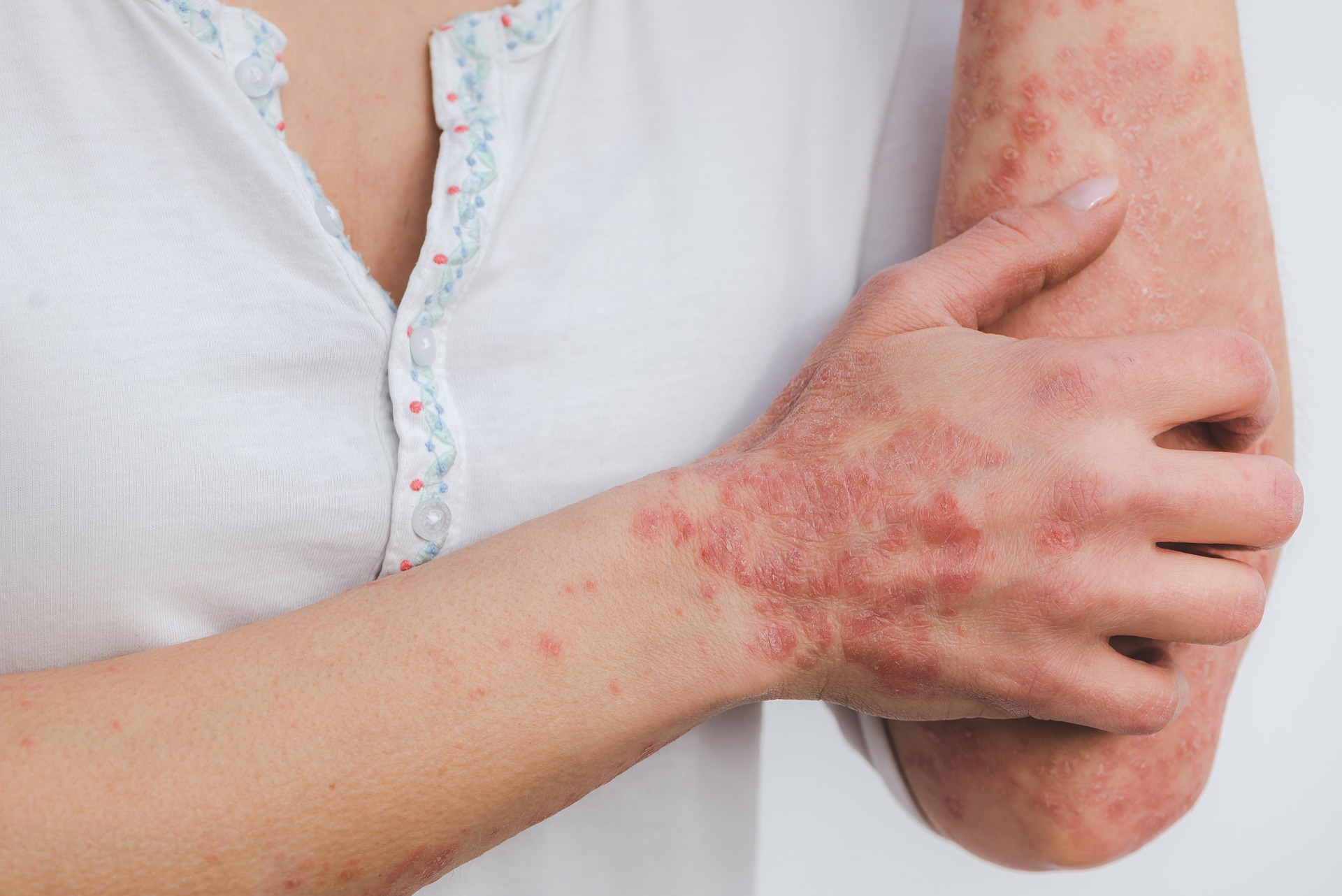

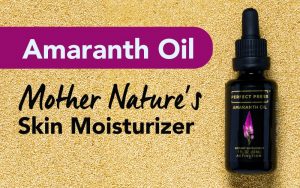
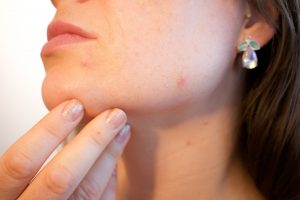 Topical application
Topical application





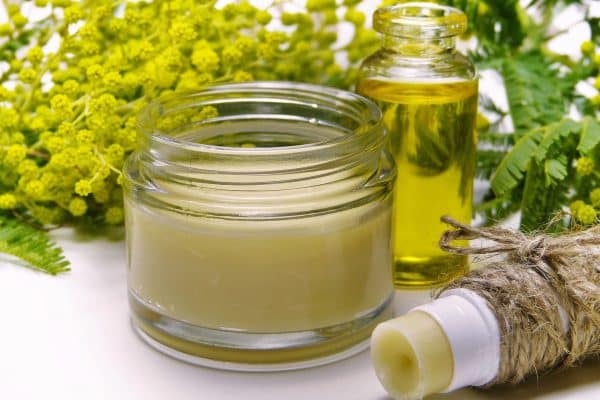

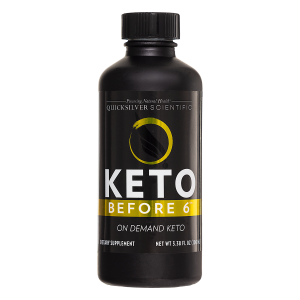
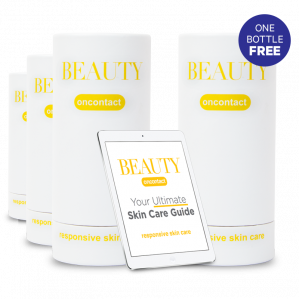
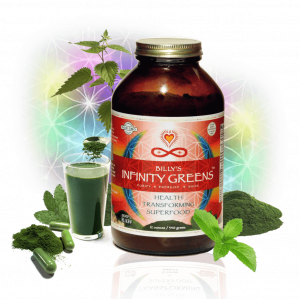
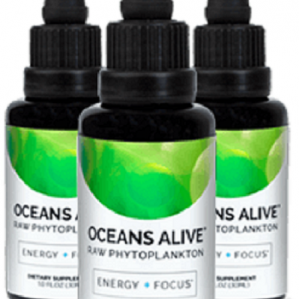
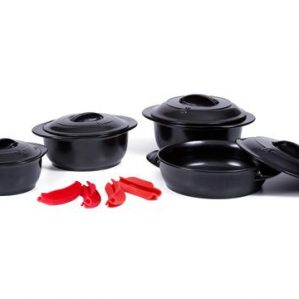











2 Comments
Thanks for your blog, nice to read. Do not stop.
[…] of knowledge accumulated through thousands of years of continuous practice. It involves using essential oils obtained from flowers, buds, leaves, stems, barks, roots, fruits, peels, or other parts of […]